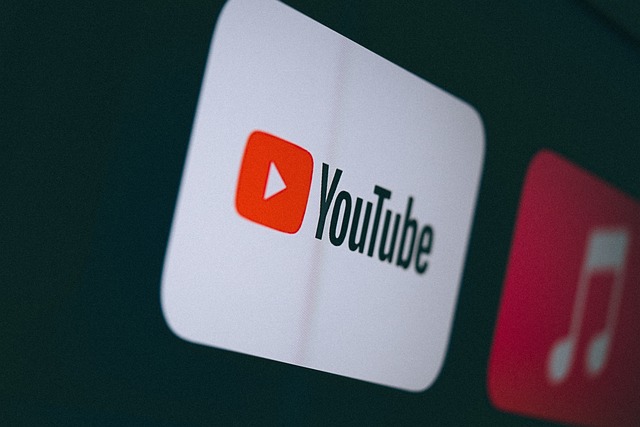In a notable policy shift, YouTube has declared that it will no longer remove content that makes false claims about past elections. This decision has raised concerns regarding the spread of misinformation on the platform. This article delves into the implications of YouTube’s new policy and examines the potential consequences of allowing content containing false claims related to past elections to remain accessible.
YouTube’s Policy Change:
YouTube’s previous approach involved removing content that promoted misinformation or false claims, particularly concerning elections. However, the platform has now decided to alter its policy, allowing such content to remain available to users. This change has sparked debates about the responsibility of online platforms in curbing the spread of misinformation.
Impact on Misinformation Dissemination:
- Credibility and Trust:
Allowing content with false claims on past elections to persist on YouTube may erode the platform’s credibility and trustworthiness. Users might question the reliability of information presented on the platform, potentially leading to a decline in audience trust and engagement.
- Perpetuation of False Narratives:
By not taking action against content containing false claims, YouTube risks contributing to the perpetuation of false narratives surrounding past elections. This can impact public perception, historical understanding, and the democratic process itself. Allowing misinformation to spread unchecked may have far-reaching consequences on society.
- Amplification of Conspiracy Theories:
Conspiracy theories often arise from false claims and misinformation. Allowing content with false claims on past elections to remain on YouTube can amplify conspiracy theories and lead to the further proliferation of baseless narratives. This may undermine informed public discourse and breed divisions within society.
Broader Implications:
- Impact on Democratic Processes:
By permitting the circulation of false claims about past elections, YouTube’s policy change has the potential to influence public opinion and shape future elections. Misinformation can undermine democratic processes, compromise voter confidence, and impact the legitimacy of electoral outcomes.
- Responsibility of Online Platforms:
The policy change raises questions about the role and responsibility of online platforms in addressing misinformation. Balancing freedom of expression with the need to combat false claims and maintain information integrity presents a significant challenge that platforms like YouTube must navigate.
Conclusion:
YouTube’s decision to stop removing content with false claims related to past elections marks a significant policy shift. The move has sparked concerns about the potential consequences of allowing misinformation to circulate freely on the platform. Upholding the integrity of information and combating the spread of false narratives remain crucial challenges for online platforms in the digital age.












